Butcher block countertops, crafted from various wood types, have become a popular choice in kitchens for their aesthetic appeal, durability, and versatility. One of the most common wood types used for butcher block countertops is maple. Maple is prized for its hardness, making it resistant to scratches and dents. This quality is crucial in a kitchen where cutting, chopping, and other food preparation activities are frequent. The tight grain pattern of maple also adds a sleek and uniform look to the countertop, enhancing the overall visual appeal of the kitchen.
Another popular wood choice for butcher block countertops is oak. Oak provides a distinct, prominent grain pattern that can add warmth and character to a kitchen space. While oak is not as hard as maple, it still offers good durability and can withstand the demands of a busy kitchen. Additionally, oak tends to darken over time, developing a rich patina that further enhances its visual appeal.
Cherry wood is a luxurious option for those seeking a darker, more elegant aesthetic in their kitchen. Cherry butcher block countertops age gracefully, developing a deep, reddish-brown hue over time. The natural luster of cherry wood adds a touch of sophistication to any kitchen, making it a favorite among homeowners who appreciate timeless, classic design elements.
For those looking for an eco-friendly option, bamboo butcher block countertops are an excellent choice. Bamboo is a rapidly renewable resource that grows much faster than traditional hardwoods. It is also naturally resistant to moisture, making it suitable for kitchen environments. While bamboo may not be as hard as some hardwoods, it still provides a durable and stylish surface for food preparation.
Moving away from traditional choices, walnut butcher block countertops offer a unique and striking appearance. Walnut wood features a deep, chocolate-brown color with occasional lighter streaks. The richness of walnut can create a bold statement in the kitchen, making it a favorite among those who want a countertop that stands out as a focal point.
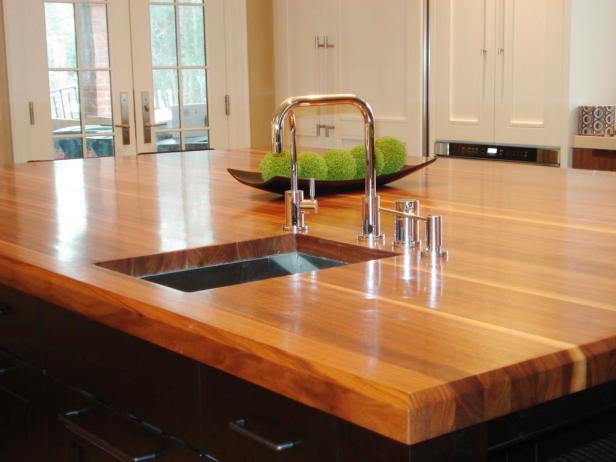
When considering butcher block countertops, it’s essential to weigh the pros and cons of each wood type. Each variety comes with its own set of characteristics, influencing factors such as hardness, grain pattern, and color. The final decision should align with both aesthetic preferences and practical considerations, ensuring the countertop meets the demands of daily kitchen activities.
Maintenance is a key factor in the longevity of butcher block countertops. Regardless of the wood type chosen, regular sealing is crucial to protect the surface from moisture and bacteria. Mineral oil and beeswax are commonly used for this purpose, providing a food-safe and effective barrier against potential damage. Proper maintenance not only extends the life of the countertop but also preserves its beauty, allowing homeowners to enjoy a functional and attractive kitchen feature for years to come.
In terms of cost, butcher block countertops offer a range of options to suit different budgets. Hardwoods like maple and oak tend to be more affordable than exotic or rare woods like teak or mahogany. Additionally, the cost may vary based on the thickness of the countertop. Thicker blocks not only provide a more substantial appearance but also offer increased durability, making them a preferred choice for heavy kitchen use.

Installing butcher block countertops is a project that can be tackled by confident DIY enthusiasts, but it’s essential to follow proper guidelines to ensure a successful outcome. Precise measurements, careful planning, and attention to detail are crucial during installation. Homeowners can choose between a variety of installation methods, including gluing the blocks together, creating a seamless and continuous surface.
In terms of design trends, butcher block countertops have transcended their traditional role as a practical kitchen surface and become a focal point for design expression. Mixing and matching different wood types to create unique patterns or combining butcher blocks with other materials like stone or stainless steel can result in a customized and visually striking kitchen aesthetic.
Considering the environmental impact of your choices is increasingly important in today’s world. Opting for sustainably sourced wood or reclaimed materials for butcher block countertops is a responsible choice. This not only reduces the demand for new resources but also adds a touch of history and character to the kitchen space, as reclaimed wood often comes with its unique markings and patina.
While butcher block countertops offer numerous benefits, it’s essential to acknowledge potential drawbacks. Wood is susceptible to damage from heat and moisture, so placing hot pots directly on the surface or neglecting spills can lead to issues over time. Regular maintenance and mindful use can mitigate these concerns, but homeowners must be aware of the care required to keep their butcher block countertops in optimal condition.
Butcher block countertops made from various wood types bring a unique blend of functionality and aesthetic appeal to kitchens. From the timeless elegance of maple to the luxurious richness of cherry and the bold statement of walnut, each wood type offers distinct characteristics that cater to different preferences. Homeowners can make informed decisions based on factors such as durability, maintenance, cost, and design trends, ensuring that their butcher block countertops not only serve as a practical surface for food preparation but also contribute to the overall visual harmony of the kitchen.
Images Related to Butcher Block Countertops Wood Types
Size and Wood Species Options for DIY Butcher Block Projects
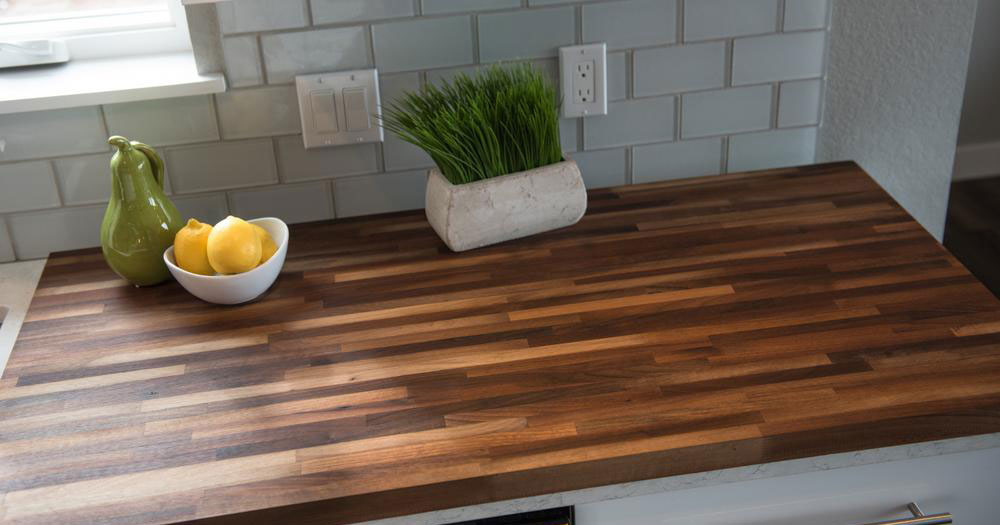
How to Choose a Butcher Block Countertop or Island Top – Bertrand

Answers to wood countertop questions FAQs

Wow-Worthy Woods for Kitchen Countertops
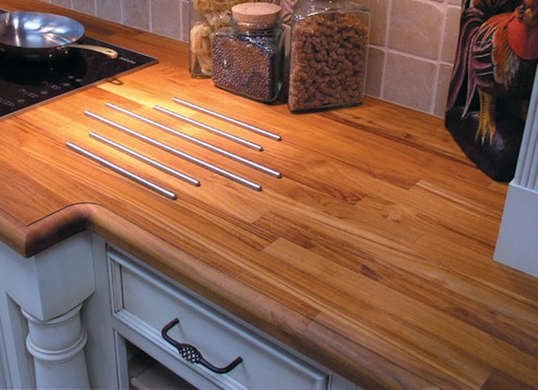
Walnut Butcher Block Countertops – Country Mouldings
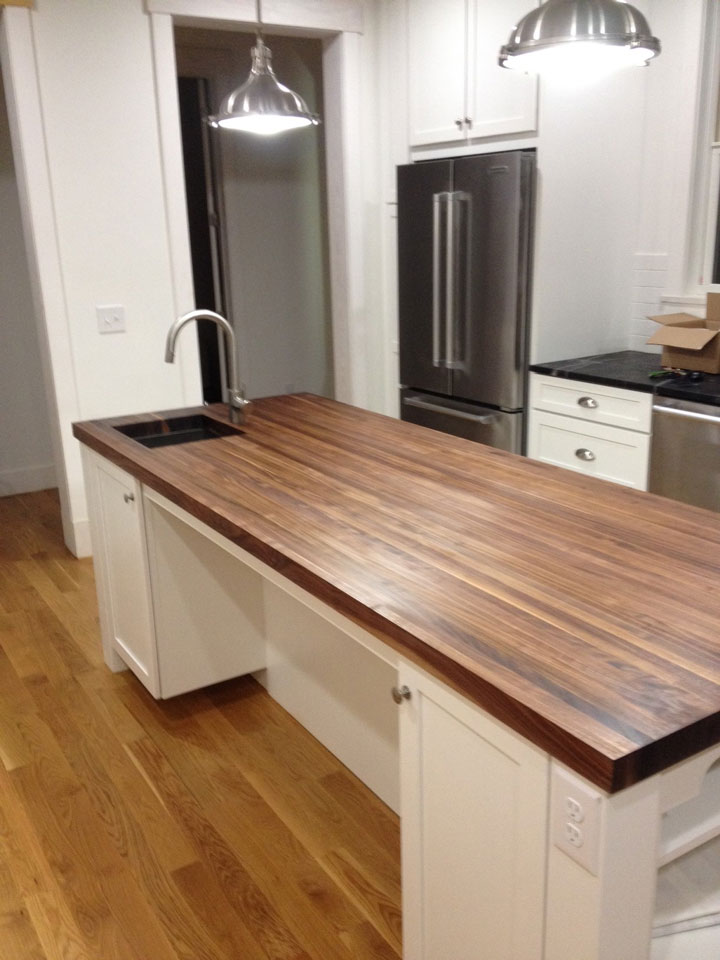
Wood Countertops buy a wood countertop
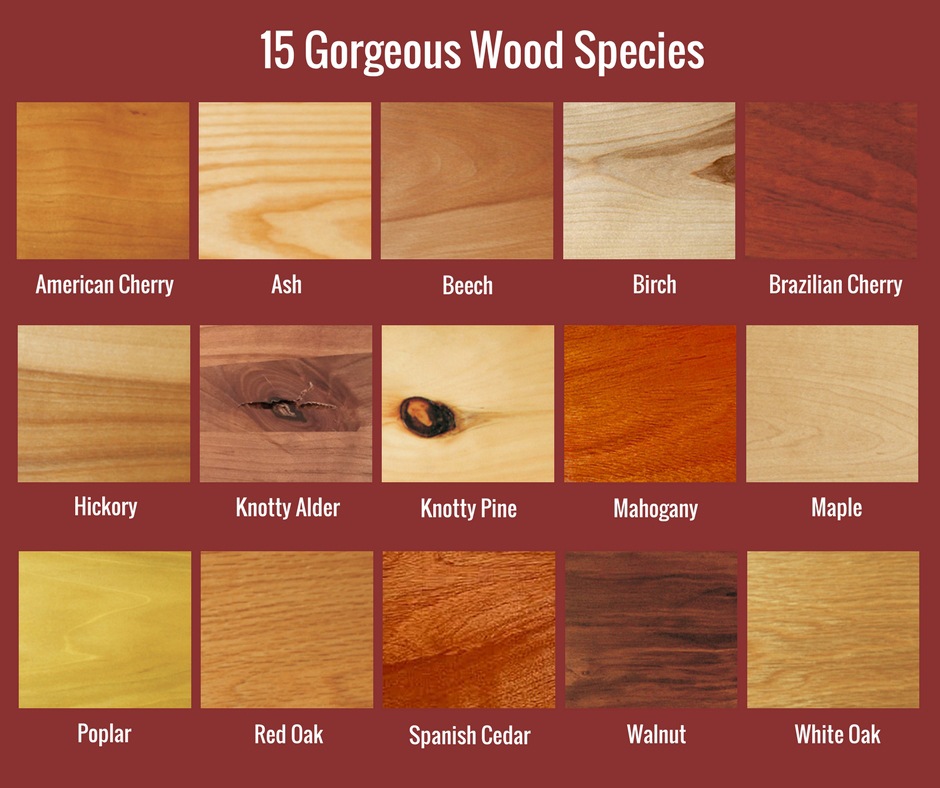
Custom Butcher Block Countertops & Tables Wood Kitchen

Related articles:
- Pine Butcher Block Countertops
- Butcher Block Countertops Walnut
- Maple Butcher Block Countertops
- Care Of Butcher Block Countertop
- Butcher Block Countertops Maintenance
- Antique Butcher Block Countertops
- Butcher Block Countertop Sealing
- Wood Butcher Block Countertop
- Thick Butcher Block Countertop
- How To Finish A Butcher Block Countertop